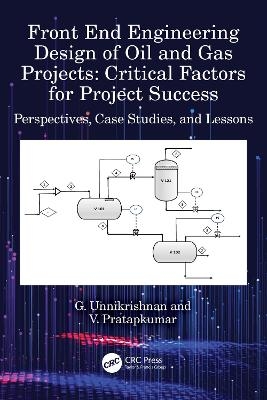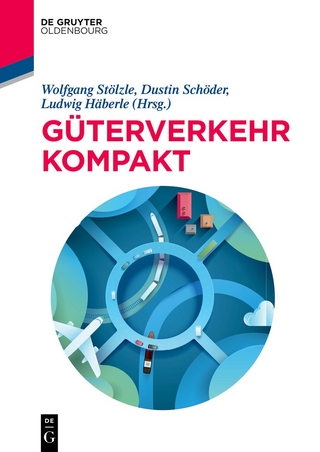
Front End Engineering Design of Oil and Gas Projects: Critical Factors for Project Success
CRC Press (Verlag)
978-1-032-32864-5 (ISBN)
Quite a large number of major oil and gas projects are failures with respect to their costs, schedules, and operational performance. Owner companies and contractors are struggling with the issues causing these failures. The Front End Engineering Design (FEED) has been identified as an important factor that plays a key role in determining the success of a project. However, the FEED and the associated Front End Loading (FEL) do not get the attention they deserve from the players in the business, namely, the owner companies, FEED, and EPC contractors. While academic studies on the FEL and its failures are available, how the seeds of failures are sown during an actual project FEED remains a mystery. The details are usually buried in the rubbished computers and hundreds of files that are shelved in companies' offices.
In this unique book, two experienced professionals, one from an owner company and the other from an international EPC contractor, whose interests often oppose each other, join to give their perspectives about the project lifecycle, its governance structure, gate system, complexities, contract models, and quality measurements.
In the second part of the book, they present case studies of projects gone wrong, due to mismatches, errors, and inconsistencies in the FEED. These case histories reveal how avoidable gaps and errors creep into FEED resulting in project failures and how the review systems fail to detect them. Technical and business professionals seem to underestimate the importance of FEED in capital-intensive major projects, while focusing on short-term goals. The underlying causal factors need to be addressed and resolved in time properly, for ensuring success of major oil and gas projects.
Written in a concise and practical style, with key takeaways at the end of each chapter, this book will be a useful guide for practicing project and engineering professionals in the oil and gas industry. Senior students and researchers will find ideas and viewpoints given in this book worth exploring further.
G. Unnikrishnan is currently working as a consultant to design and engineering companies in India and abroad. His expertise are mainly in process design and process safety and how process plant design and operations can be optimized to improve process safety. He is an active researcher in the area and is the author of a book on application of Bayesian network methodology to risk assessment of oil and gas equipment. He has also presented and published papers on process safety in several international conferences and technical journals. V. Pratapkumar is a chemical engineer with over 40 years of experience in project implementation in the oil and gas, petrochemical, and fertilizer industries. His predominant areas of experience are in project management followed by engineering and construction. He started his career as a Management Trainee with Fertilizers and Chemicals Travancore (FACT) and has subsequently held senior-level positions in UHDE (India), P.T. Polysindo Indonesia, Pipeline Engineering (India), and Petrofac Engineering & Construction, UAE.
Introduction 1. The Project Lifecycle 2. Stage 1: Identification 3. Stage 2: Feasibility and Statement of Requirements 4. Stage 3: Definition-Front End Engineering Design (FEED) 5. Stage 4: Construction 6. Quality of FEED: Measuring it and managing it 7. Overarching issues 8. Case Studies: What they tell us 9. The Baywater OPCU Project. A risk not worth taking 10. When pipe thickness went wrong 11. When compressor selection went wrong 12. The importance of FEED data in oil & gas projects 13. Iron Sulphide and project failure 14. Provisions for future and associated pitfalls 15. Heat Exchanger and a project almost gone wrong 16. Too many unknowns-FEED gone wrong and its impacts 17. When FEED is uncertain contracting strategy can help References
| Erscheinungsdatum | 06.12.2023 |
|---|---|
| Zusatzinfo | 17 Tables, black and white; 18 Line drawings, black and white; 18 Illustrations, black and white |
| Verlagsort | London |
| Sprache | englisch |
| Maße | 156 x 234 mm |
| Gewicht | 480 g |
| Themenwelt | Technik ► Elektrotechnik / Energietechnik |
| Technik ► Umwelttechnik / Biotechnologie | |
| Wirtschaft ► Betriebswirtschaft / Management ► Logistik / Produktion | |
| Wirtschaft ► Volkswirtschaftslehre | |
| ISBN-10 | 1-032-32864-9 / 1032328649 |
| ISBN-13 | 978-1-032-32864-5 / 9781032328645 |
| Zustand | Neuware |
| Haben Sie eine Frage zum Produkt? |
aus dem Bereich


